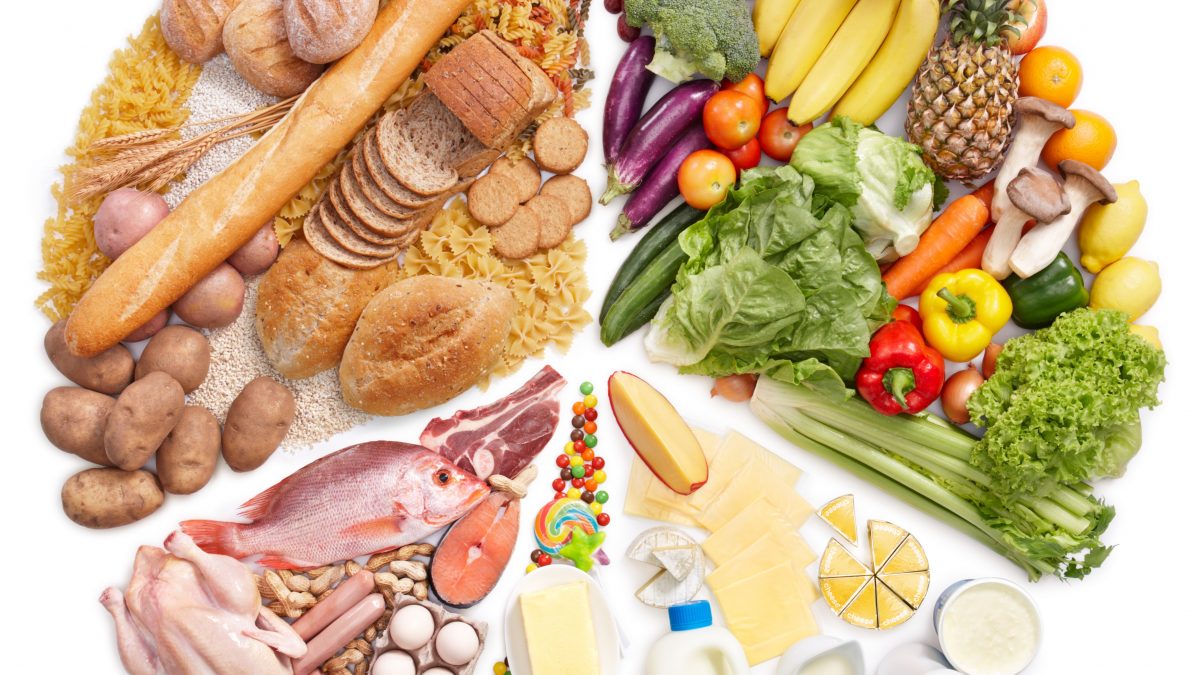
Blue Cross / Animal Charity
January 3, 2019
Celebrate the 10th year of the Florence Nightingale Hospice Midnight Walk this year
January 3, 2019Calcium
Calcium is essential for the development and maintenance of strong bones and teeth (also for normal blood clotting, nerve function and enzyme activity).It is an essential nutrient throughout life for everyone.
A poor calcium intake prevents bones from develop normally or become weak causing osteoporosis (brittle bones).
Daily calcium requirements
Age group calcium requirement
0-12 months 525mg
1-3 years 350mg
4-6 years 450mg
7-10 years 550mg
Males 11-18 years 1000mg
Males 19+ years 700mg
Females 11-18years 800mg
Females 19+ years 700mg
Breastfeeding 1250mg
For adults with coeliac disease 1000-1200mg
Sources of calcium include
milk, cheese, yogurt and other dairy foods
dairy free/vegan milk, yogurts and cheese with added calcium
sardines and pilchards (only if eating the bones)
green leafy vegetables
soya beans/tofu
nuts
bread and foods made with calcium fortified flour
If you are unable to get enough calcium from your diet then calcium supplements are available
Vitamin D
works alongside calcium to build and maintain strong bones and the recommended dose required is 10ug (400 International Units IU) daily.
A lack of vitamin D can lead to bone deformities such as rickets in children, and bone pain and osteoporosis in adults. We get most of our vitamin D from sunlight on our skin (which is why it is called the sunshine vitamin) but if you don’t go outside much, wear sunscreen or are covered up, this vitamin D is unavailable to you.
Vitamin D from foods
oily fish – such as salmon, sardines and mackerel
eggs
fortified fat spreads
fortified breakfast cereals
powdered and fresh milk /dairy
vitamin D supplements
For more details on specific calcium and vitamin D requirements see
References
Scientific Advisory Committee on Nutrition (2016) Vitamin D and Health. The Stationery Office. https://www.gov.uk/government/publications/sacn-vitamin-d-and-health-report
Further help
https://www.bda.uk.com/foodfacts/Calcium.pdf
https://www.bda.uk.com/foodfacts/VitaminD.pdf
National osteoporosis Society free helpline 0808 800 0035 https://nos.org.uk




